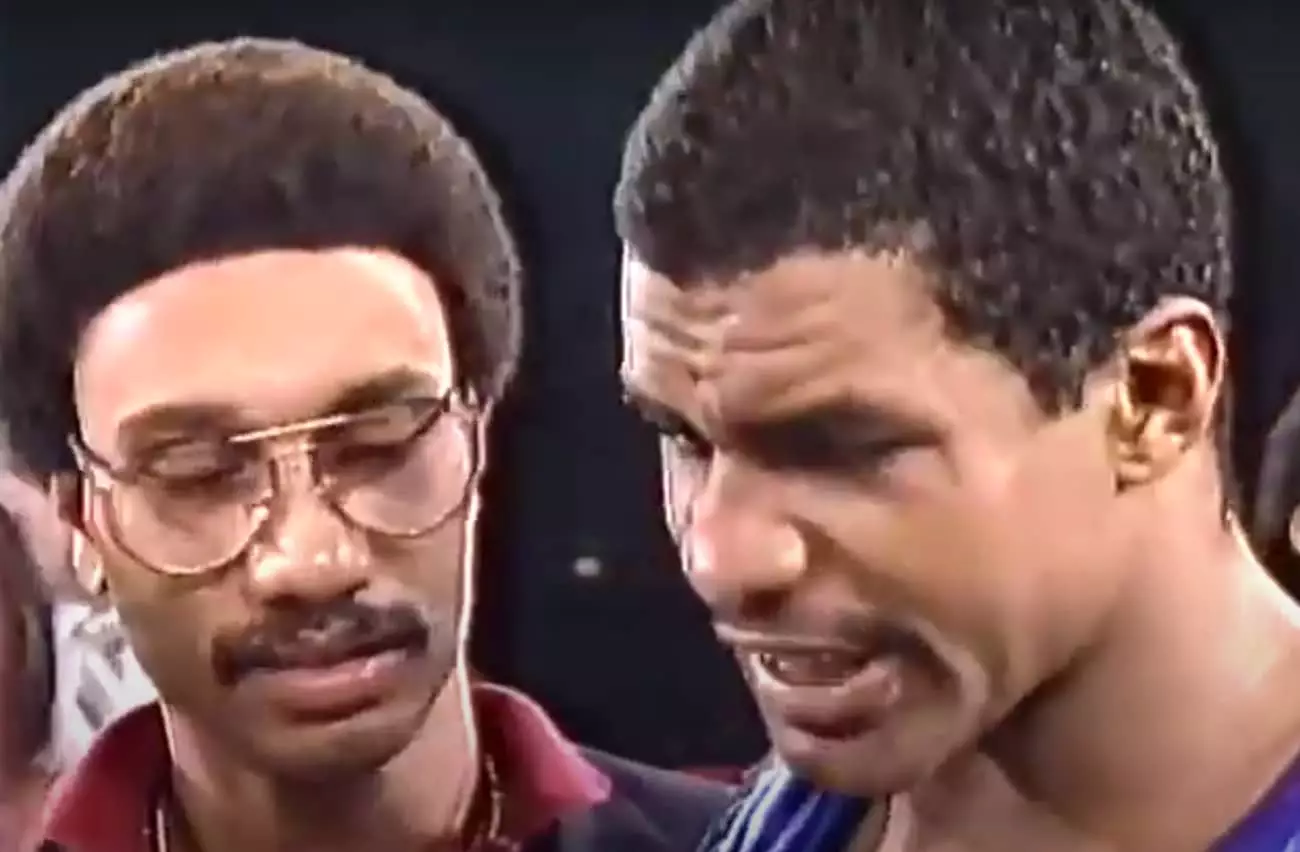Carlos De Leon, a name that resonates within the boxing world, symbolizes the highs and lows of an unpredictable athletic career. Hailing from Puerto Rico, De Leon was not just your average boxer; he was an enigma who could mesmerize audiences one evening and leave them bewildered the next. His career, spanning nearly three decades, showcased moments of sheer brilliance intertwined with bouts of indifference. De Leon’s legacy is a complex puzzle that raises questions about what it truly means to be a great fighter.
De Leon turned professional at the tender age of 15 in August 1974, embarking on a journey fraught with both rapid ascents and staggering setbacks. Though his early career saw him achieving an impressive eight consecutive victories, he quickly encountered the harsh realities of professional boxing—a four-round defeat to Roberto Colon set the stage for a career that would oscillate drastically between triumph and failure.
By the time De Leon earned his first world title shot, his professional record stood at an admirable 29-2, signaling that he was more than just a fighter with potential—he was a contender. His victory against Marvin Camel in New Orleans on November 25, 1982, marked a significant milestone; the young fighter became the WBC champion, albeit through a contest that did not signify an exceptional exhibition of skill. Nonetheless, at just 21 years old, De Leon was crowned champion, marking the beginning of his storied yet tumultuous reign.
De Leon’s boxing prowess allowed him to reclaim the title not just once, but twice, establishing him as the first fighter to secure the cruiserweight title on four separate occasions. However, his career was not devoid of stumbling blocks. An unexpected loss to S.T. Gordon served as a stark reminder of the fragility of success in boxing. Yet, De Leon demonstrated resilience, avenging his defeat and proving his mettle by defeating notable opponents like Ivy Brown and Leon Spinks, consolidating his legacy in the cruiserweight division.
Despite his successes, De Leon’s performances often appeared inconsistent. He would glide through some matches with dazzling footwork and calculated punches, only to display a complete lack of motivation in others. This inconsistency has led many to debate whether he can be truly considered great. For every electrifying fight against seasoned opponents, there were bouts that felt lackluster, particularly his controversial draw with Johnny Nelson in January 1990, which is often remembered more for its monotony than its competitive spirit.
The struggle for motivation became painfully apparent during his battles against top-tier boxers such as Evander Holyfield. Despite showcasing technical brilliance against the future Hall of Famer, De Leon succumbed to a stoppage in the eighth round, further fueling discussions on his legacy as a fighter who could have achieved more had he maintained the drive to consistently compete at an elite level.
Ultimately, De Leon’s decision to venture into heavyweight boxing marked the twilight of his career. Although he continued to compete, the brilliance that had once characterized his bouts seemed to fade, punctuated by an alarming defeat against Corrie Sanders. Despite finishing his career with a respectable 53 wins and 8 losses, questions about where he stands amongst history’s greats linger—was he a champion defined by his title reigns, or a fighter who lacked the discipline to reach his full potential?
The untimely passing of De Leon at the age of 60 from a heart attack in January 2020 serves as a somber reminder of how quickly health can decline, but it also opens the door for reflection about his life and career. The disparity between his natural talents and the fluctuations in his performance throughout his career casts a long shadow over his legacy. To some fans and experts, De Leon remains one of the ten greatest cruiserweights ever. To others, he is a lesson in the complexities of talent and ambition.
In dissecting the career of Carlos De Leon, one is left pondering the essence of greatness in sports. His journey is a testament to the dualities inherent in boxing—where skill can be illuminated by moments of disinterest and where the accolades of a champion can coexist with the struggles of maintaining an elite mindset. De Leon’s influence on the sport is undeniable, yet whether he will be remembered as a boxing great or merely a tantalizing ‘what could have been’ remains a question that invites further debate among fans and historians alike.

